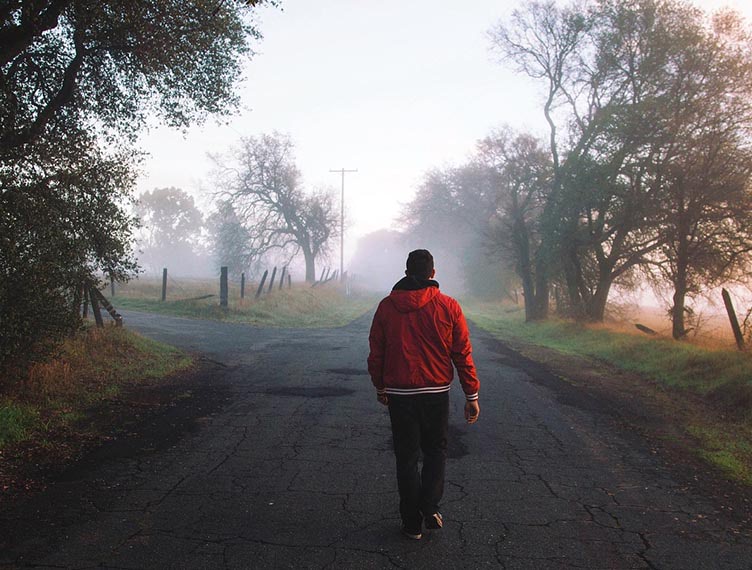#LevelUp FE – Poor transport links compound the disadvantages rural young people face

Paying to learn – an unacceptable situation
Last week, to mark Rural Vulnerability Day 2020, we argued that despite its rhetoric, the Government is not doing enough to ‘level-up’ further educational opportunities for young people in rural areas.
Young people in rural areas have far less choice about where to pursue further education or training which hampers their progress from an early age. For example, a 2019 report from Rural England found that would-be doctors, musicians or mechanics in London have almost double the number of post-GCSE educational institutions to choose from than their counterparts in the North East of England.
Equipping the younger generation with the opportunities they need to flourish in even the most rural and isolated areas: #LevellingUp The British Countryside – We’re not doing enough to make it the greatest place in the world to grow up Earlier this… https://t.co/FOpEzitqq7 pic.twitter.com/eSVtBACt1p
— FE News – The #FutureofEducation News Channel (@FENews) March 10, 2020
This week, we’re focusing on accessibility. In terms of transport, rural young people face the twin challenges of distance and cost. Transport is crucial to life opportunities and poor links compound disadvantages.
When pupils do find somewhere with an inspiring course they want to study, those in rural areas face journeys almost triple the distance than their urban counterparts (7.9 miles compared with 2.7 miles*).
And it’s not just the distance that impacts them, cost is a major factor too. In London, 16 and 17 year olds enjoy free bus and tram travel but in 2018, 20,000 rural pupils saw free school transport cut as county councils had no choice but to strip funding in order to balance the books. The County Councils Network (CCN) says that providing school transport costs up to 10 times more in the countryside than in urban areas because more pupils need to rely on free transport and because they travel longer distances to get to and from school. The average annual cost per head for home to school transport – including free buses and taxis for eligible pupils – is £93 per child in rural areas, compared with £10 per child in cities and towns. While some of that is borne by local authorities, too much of it acts as a burden on students or their families, in particular those from low income families, discouraging them from taking up educational opportunities.
It hardly seems fair that pupils in rural areas only receive free transport up to the age of 16, whereas pupils in London enjoy the same benefit until they finish studying at the age of 18. Those travelling to post-GCSE education or training should be entitled to subsidised travel fares, wherever they live.
While one consequence of the coronavirus crisis might be to boost remote learning platforms, where broadband speeds are sufficiently fast enough to support it, but ultimately students need to be in the places where education is happening in order to benefit from it. If they live in remote, rural areas, it is incumbent on Government to ensure they have the necessary support to get there.
Graham Biggs, Chief Executive of the Rural Services Network and Nik Harwood, Chief Executive of Young Somerset
Graham is a leading voice on all things rural and previously taken part in a discussion on BBC Radio 5 Live about opportunities for young people in rural areas.
Nik has worked in children and young people’s services in Somerset for more than 19 years.
* National Travel Survey table NTS9908. Trips to and from school by main mode, region and Rural-Urban Classification: England, 2016/17

Responses